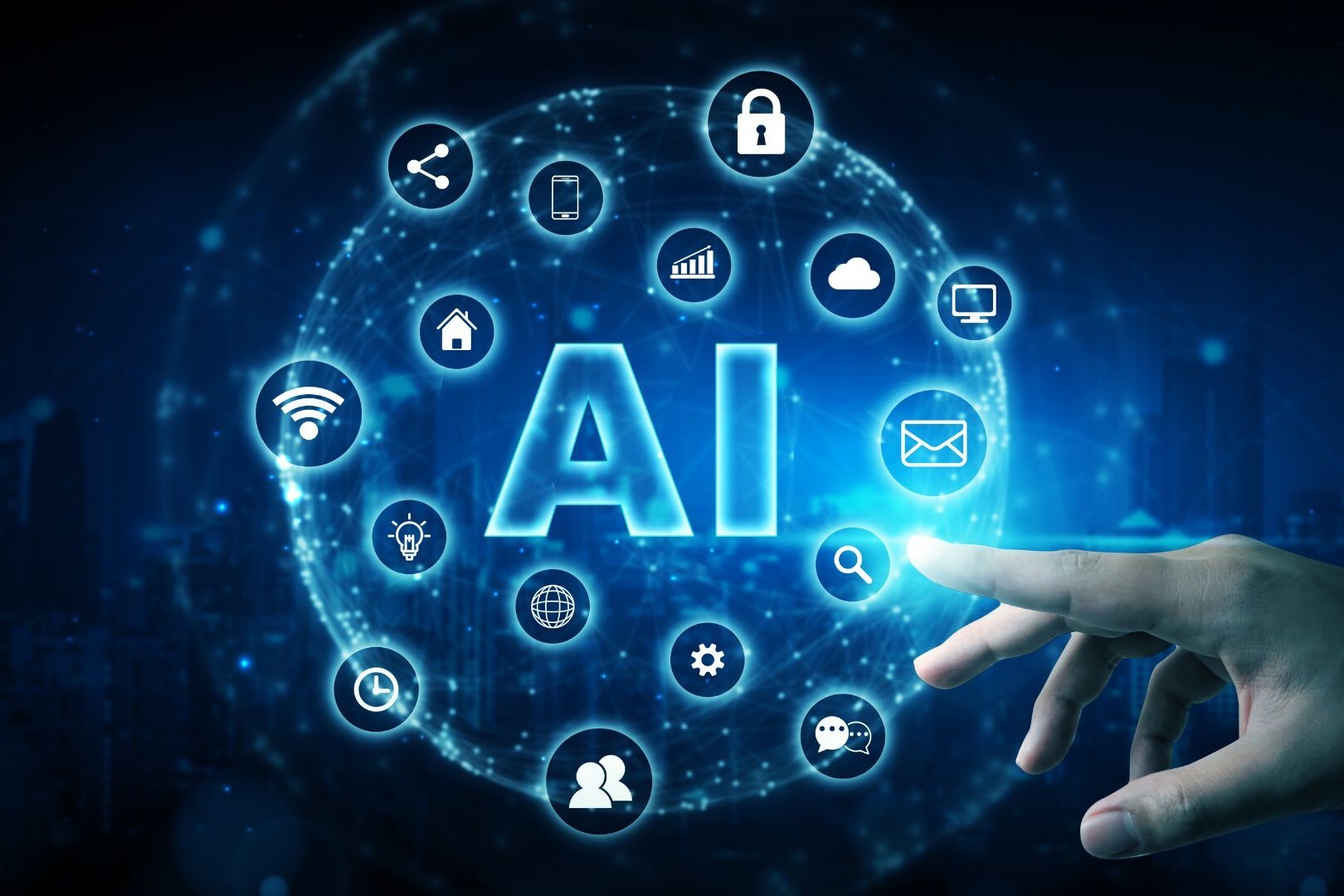Barry Phillips (CEO) BEM founded Legal Island in 1998. Since then, the company has become the leading workplace compliance training company in the island of Ireland. He was awarded a British Empire Medal in the New Year’s Honours List 2020 for services to employment and equality.
Barry is a qualified barrister, coach and meditator and a regular speaker both here and abroad. He also volunteers as mentor to aspiring law students on the Migrant Leaders Programme.
Barry is an author, releasing his latest book titled 'Mastering Small Business Employee Engagement: 30 Quick Wins & HR Hacks from an IIP Platinum Employer' in 2020 along with Legal Island MD Jayne Gallagher.
Barry has worked at the European Parliament, the European Court of Human Rights and the International Labour Organisation in Geneva before qualifying as a lawyer in 1993.
He has travelled extensively and lived in a total of eight different countries considering himself to be a global citizen first, a European second and British/Irish citizen last of all. His guiding mantra in life is “Never react but respond. Get curious not furious.”
Barry is an Ironman and lists Russian language and wild camping as his favourite pastimes.

This week Barry Phillips takes a look at what is going on in the workplace with AI according to three recent heavyweight reports.
Transcript:
Hello Humans! And welcome to the podcast that aims to summarise each week a key AI development for HR professionals in five minutes or less.
In the past two weeks we've witnessed the publication of at least three major reports all bearing down on the subject of AI and how it is now being used. So today the goal is to extrapolate key findings from each of these in no more than five minutes.
Lets start where GenAI at least, is said to have started, OpenAI.
They said as follows and I quote “Today we’re releasing the largest study to date of how people are using ChatGPT, offering a first-of-its-kind view into how this broadly democratized technology creates economic value through both increased productivity at work and personal benefit”.
They claim the findings show that consumer adoption has broadened beyond early-user groups, shrinking the gender gap in particular; that most conversations focus on everyday tasks like seeking information and practical guidance; and that usage continues to evolve in ways that create economic value through both personal and professional use. They added that this widening adoption underscores their belief that access to AI should be treated as a basic right—a technology that people can access to unlock their potential and shape their own future.
The study, a National Bureau of Economic Research (NBER) working paper by OpenAI’s Economic Research team and Harvard economist David Deming, draws on a large-scale, privacy-preserving analysis of 1.5 million conversations to track how consumer usage has evolved since ChatGPT’s launch three years ago.
So lets take a look at some of the paper’s key takeaways:
+ Who’s using ChatGPT
Usage gaps are closing as use of ChatGPT is democratized. As of mid-2025, ChatGPT’s early gender gaps have narrowed dramatically, with adoption resembling the general adult population. In January 2024, among users with names that could be classified as either masculine or feminine, 37% had typically feminine names. By July 2025, that share had risen to more than half (52%).
According to their report ChatGPT has become a broadly accessible global tool, with especially rapid growth in low- and middle-income countries. By May 2025, ChatGPT adoption growth rates in the lowest income countries were over 4x those in the highest income countries.
Next
+ What they’re using it for
ChatGPT consumer usage is largely about getting everyday tasks done. Three-quarters of conversations focus on practical guidance, seeking information, and writing—with writing being the most common work task, while coding and self-expression remain niche activities.
Patterns of use can also be thought of in terms of Asking, Doing, and Expressing. About half of messages (49%) are “Asking,” a growing and highly rated category that shows people value ChatGPT most as an advisor rather than only for task completion. Doing (40% of usage, including about one third of use for work) encompasses task-oriented interactions such as drafting text, planning, or programming, where the model is enlisted to generate outputs or complete practical work. Expressing (11% of usage) captures uses that are neither asking nor doing, usually involving personal reflection, exploration, and play.
The second report is the KPMG AI Quarterly Pulse Survey
This reports as follows:
+ The business landscape is on the brink of fundamental change, with 82% of leaders agreeing that their industry's competitive dynamics will look different in the next 24 months.
+ AI agent adoption has reached a critical inflection point. As of Q2 2025, 33% of organizations deployed at least some agents compared to just 11% in previous quarters.
+ AI is reshaping how work gets done. Nearly nine in ten leaders recognize that AI agents will necessitate fundamental organizational changes, with 87% acknowledging both the need to redefine performance metrics and upskill employees.
The third report is the Anthropic Economic Index
Their key finding is that AI is being used to fully (or ‘directively’) automate more and more tasks over time. In just nine months, they saw directive automation jump from 27% to 39% of all conversations. For enterprise customers, that figure is 77%.
But remember Claude is used predominantly by Coders and a lot of mathematicians so its results must be interpreted accordingly. It does however sit well with yet another report released by McKinsey in March of this year that talked about the rapid adoption of Agentive AI in the workplace.
So there you have it: the question isn’t if AI will change how we work, but whether we humans can change fast enough to keep up with it.
Until next week, bye for now.
 AI Literacy Skills at Work: Safe, Ethical and Effective Use
AI Literacy Skills at Work: Safe, Ethical and Effective Use




